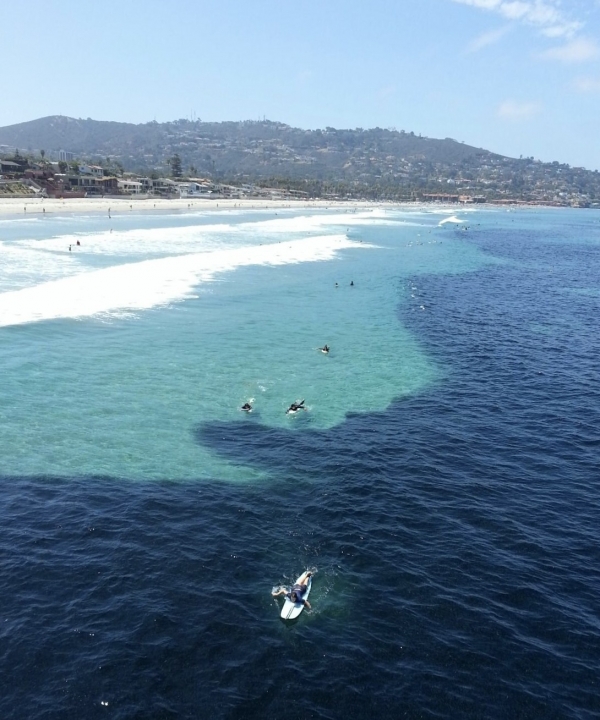An early 2014, a great anomaly descended upon the seas: A patch of warm water that manifested in the Gulf of Alaska. Scientists called it “The Blob.”
articles
Forest Birds With Short, Round Wings More Sensitive to Habitat Fragmentation, OSU Study Shows
Tropical forest birds, which tend to have wings that are short and round relative to their body length and shape, are more sensitive to habitat fragmentation than the long, slender-winged species common in temperate forests, according to an international collaboration that included scientists from Oregon State University.
How Fiber-Optic Sensing and New Materials Could Reduce the Cost of Floating Offshore Wind
In shallow waters, offshore wind turbines are fixed to the ocean floor.
Raging Fires in Nova Scotia
For much of May 2023, wildland fires raged in western Canada. In the last few days of the month, blazes flared up thousands of miles to the east as well, in the Atlantic province of Nova Scotia.
Biological Cleanup Discovered for Certain “Forever Chemicals”
University of California, Riverside, chemical and environmental engineering scientists have identified two species of bacteria found in soil that break down a class of stubborn “forever chemicals,” giving hope for low-cost biological cleanup of industrial pollutants.
Mysterious Dashes Revealed in Milky Way’s Center
An international team of astrophysicists has discovered something wholly new, hidden in the center of the Milky Way galaxy.









